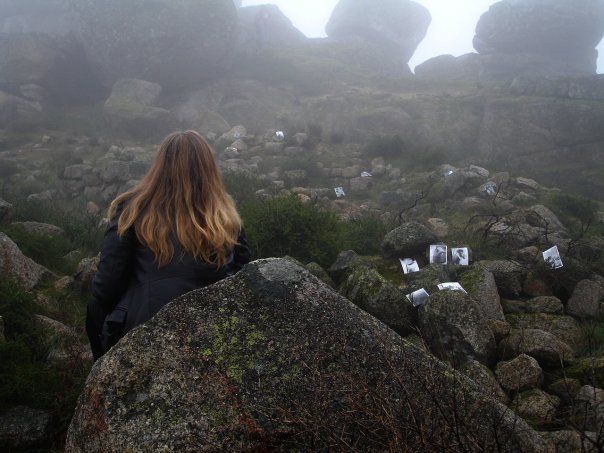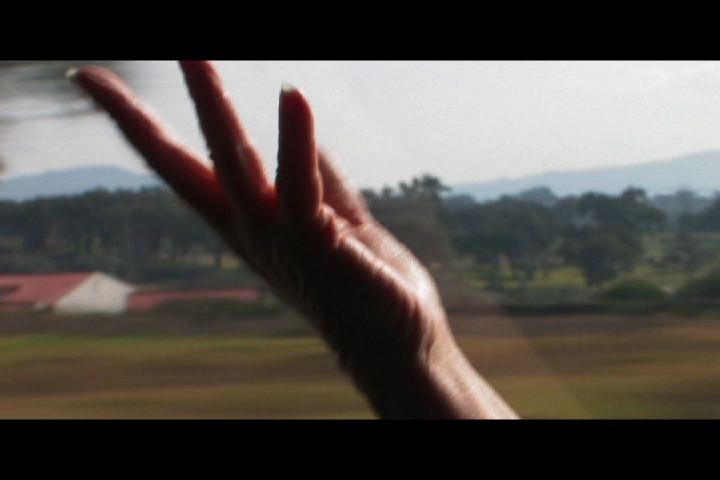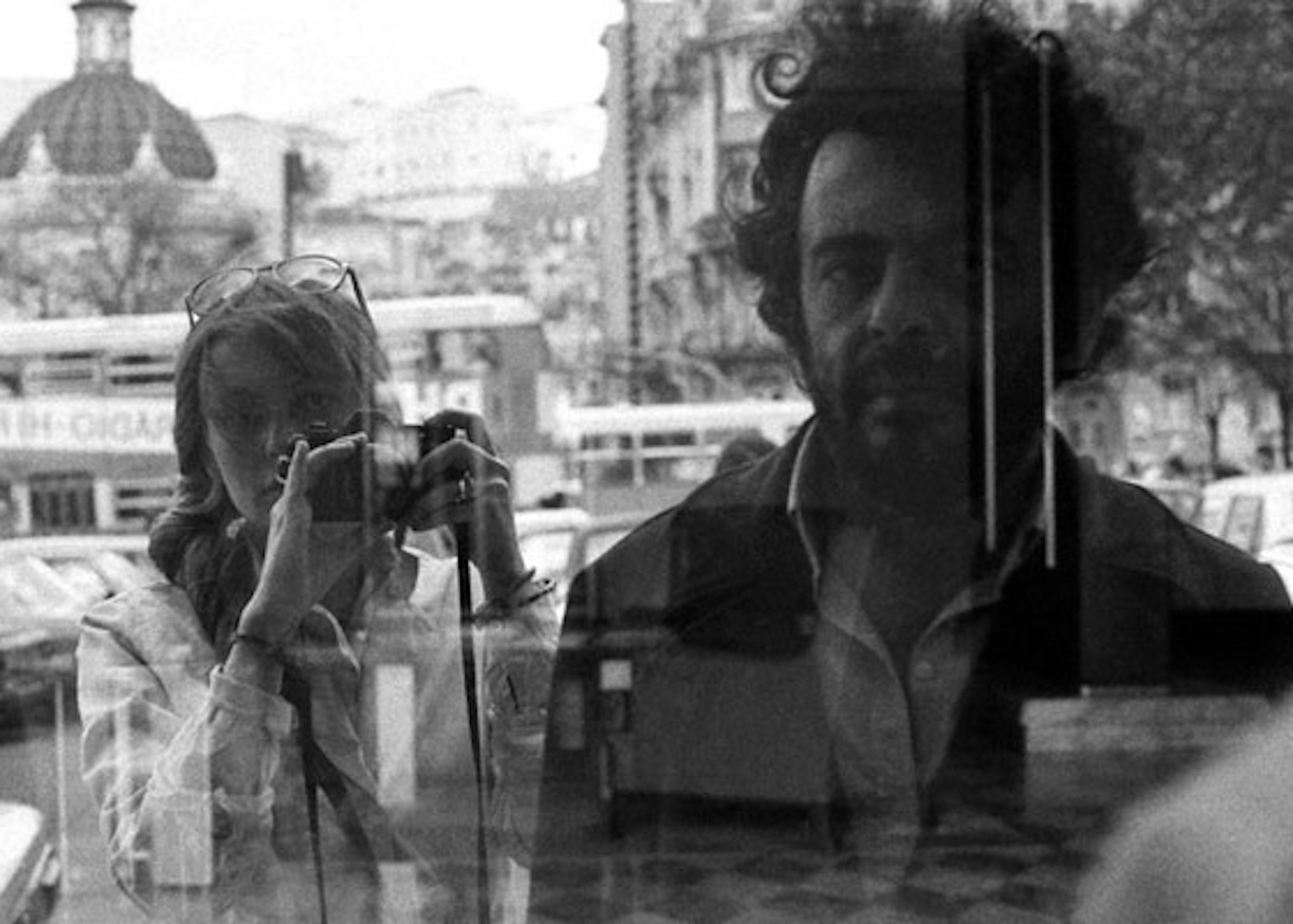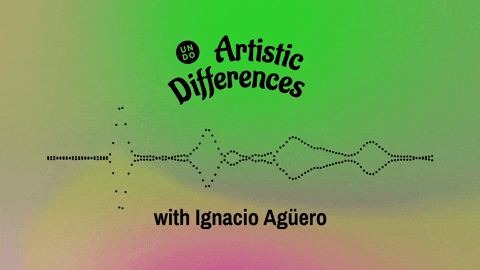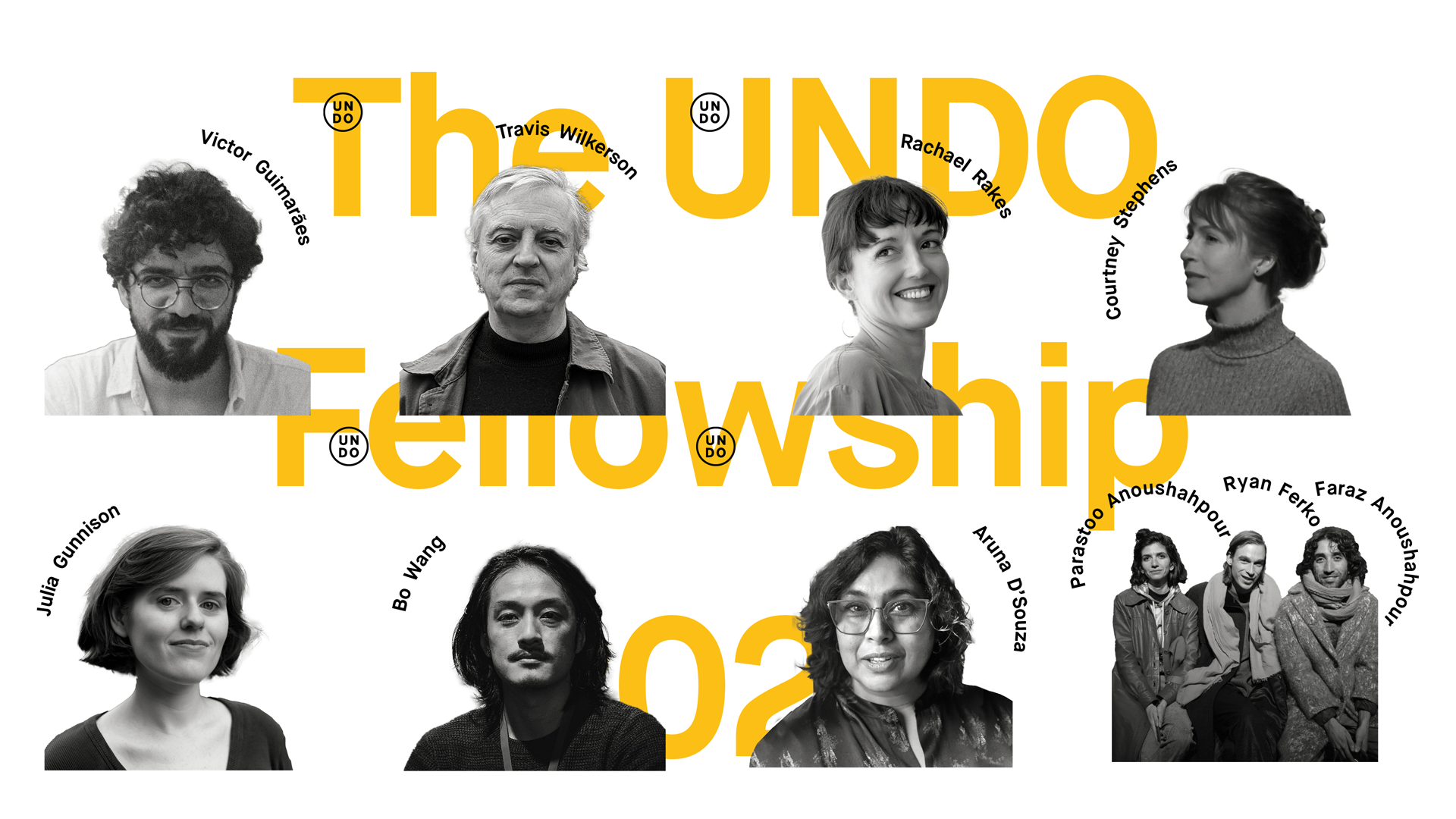Doors 7:30p
Program 8:00p

- This event has passed.
Jun 2, 2024 at 7:30 pm
Days in Sintra
With Paula Gaitán
UnionDocs
352 Onderdonk Ave
Ridgewood, NY
We are beyond honored to be hosting a two-night focus on the legendary filmmaker Paula Gaitán.
One of the most exciting contemporary artists and filmmakers of our time, whose work is both brutally sensitive and free, Gaitán aligns a strange capacity to listen to all things around and respond to them through radically singular gestures. Her films are not only voyages through deep modes of thinking and feeling, but also strange investigations on the minimal and most subtle aspects of the encounter between the camera and the world.
Not really interested in canons, norms and “good practices”, Paula Gaitán obsessively looks for the vibration of things in the filmic matter, for how life is manifested in a filming body.
DAFilms calls the body of work of Colombian-Brazilian filmmaker Paula Gaitán, “one of the most radical and uncompromising to appear in Latin America in the last 30 years…ever occupied by the forceful movement of a human body in and through a space; a background in poetry and the visual arts seemingly setting the stage for a performative, mutant, and highly material cinema.”
How are the traveler and the exile different? How shall we think of memories created in exile? This are the axis upon which Days in Sintra rotates. The film is a poetic account of the exile of Glauber Rocha in Sintra, Portugal, in which photographs serve as a mnemonic guide to the search for traces of the filmmaker’s passage through the city. Gaitán’s film about her longtime partner Rocha is built on the border of a fragmented, involuntary, unfinished, and precarious memory.
Paula will be in attendance for conversations following the program. Come through!
Program
Days in Sintra by Paula Gaitán
91 mins, 2007
How are the traveler and the exile different? How shall we think of memories created in exile? This are the axis upon which Days in Sintra rotates. The film is a poetic account of the exile of Glauber Rocha in Sintra, Portugal, in which photographs serve as a mnemonic guide to the search for traces of the filmmaker’s passage through the city. Gaitán’s film about her longtime partner Rocha is built on the border of a fragmented, involuntary, unfinished, and precarious memory.
Program Duration: 82 mins
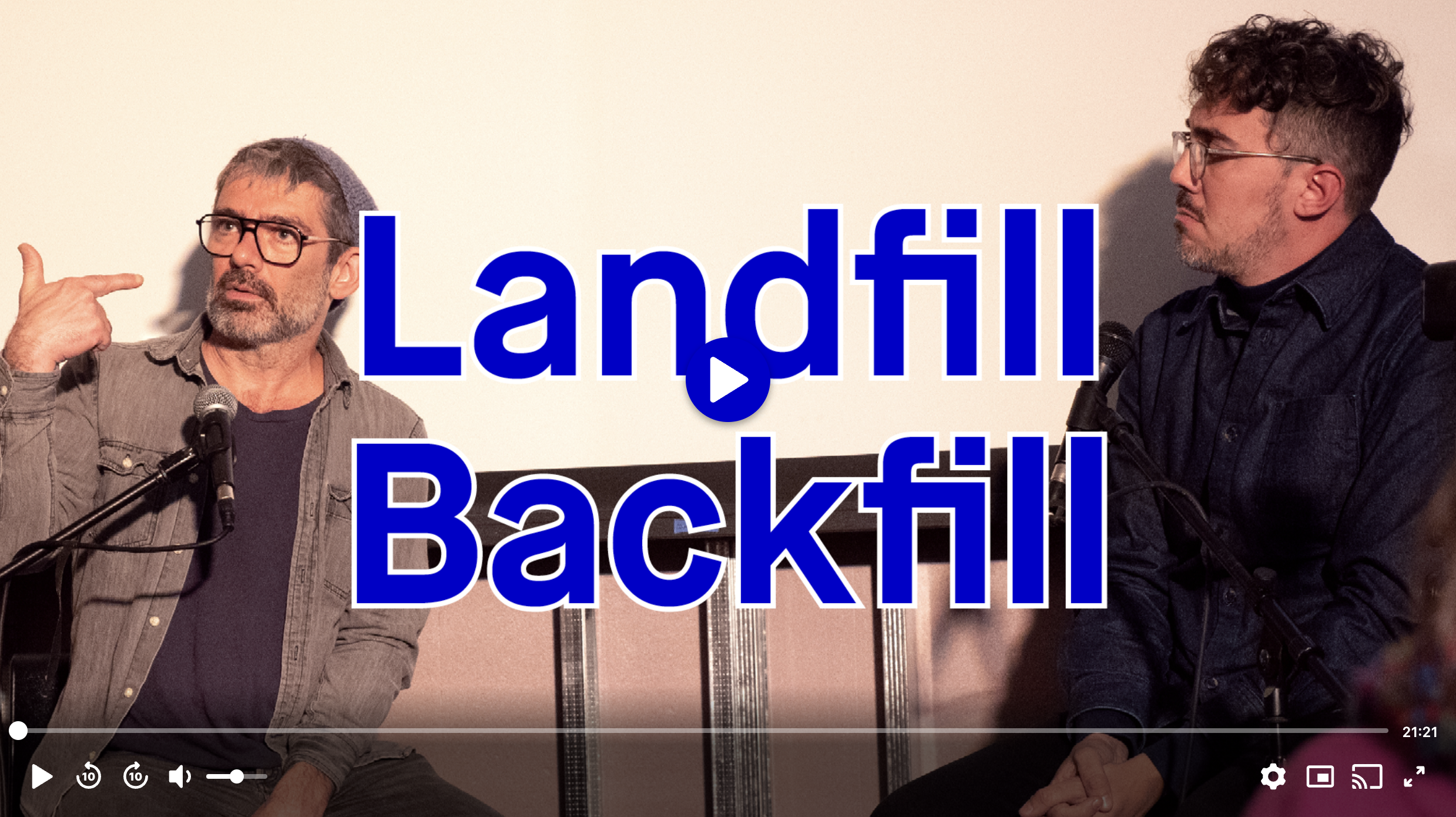
Watch the conversation between Presenter1, Presenter2 and Presenter 3 on the UnionDocs’ Membership hub.
Bios

Paula Gaitán was born in Paris in 1954 and grew up between Colombia, Brazil, and Europe. Her father, Jorge Gaitán Durán, was a poet, while her mother, Dina Moscovici, was a writer, theater director, and filmmaker. Surrounded by different art forms and constantly moving from place to place, Gaitán eventually transformed her state of perpetual motion into the core of her artwork. Her work as a poet, photographer, and visual artist suffuse the cinematic gestures in her films. Populated by literary fragments and archival images, strong performances and outstanding uses of sound, abundant experiments with texture and exquisite color compositions, her films remind us that cinema can be a place of fluid frontiers. Whether in films, television works, music videos, or installations, Gaitán’s world is a force of continuous displacement and infinite exchange.
In Uaká (1989), her encounter with the Indigenous people of Xingu becomes a sensory exploration of the landscape, powered by exuberant work with the colors available in 16mm footage. In Diário de Sintra (Days in Sintra, 2007), Gaitán revisits her last months with Brazilian filmmaker Glauber Rocha and their children Ava and Eryk in Portugal in the late 1970s. The camera works as a tactile instrument, rubbing surfaces and auscultating spaces, while fragments of philosophical texts, memories, and poems fill the soundtrack.
In Vida (Life, 2008) and Agreste (Drylands, 2010), respectively dedicated to Brazilian actresses Maria Gladys and Marcélia Cartaxo, Gaitán developed a unique experimental portraiture which continues in films like Sutis Interferências (Subtle Interferences, 2016), É Rocha e Rio, Negro Leo (Riverock (2019), and Ostinato (2021).
Gaitán has portrayed visual artists, musicians, and actors, and has found a peculiar method of establishing relationships with them by transforming formal aspects of their oeuvre into cinematic gestures. For instance, in Sutis Interferências, everything that is usually discarded in a documentary soundtrack – overlapping words, moments of disagreement, the noise of the air conditioner – becomes the main subject. Gaitán borrows the interference motif from Arto Lindsay’s music and translates it into cinema.
Gaitán’s films are at once ethereal and deeply physical. The evocations in Noite (Night Box, 2014), are rooted in the materiality of the body, photographs, and fabrics, and in the physical presence of the landscape. Even in robust narrative fictions such as Exilados do Vulcão (The Volcano Exiles, 2013) and Luz nos trópicos (Light in the Tropics, 2020), the desire to tell a tale is always counterbalanced by an experimental pulse. The most striking impressions are that of a film proudly torn apart from within, whose entrails we are invited to inhabit. Paula Gaitán has always practiced a cinema that elevates the sketch to the highest artistic density.
From the Event


